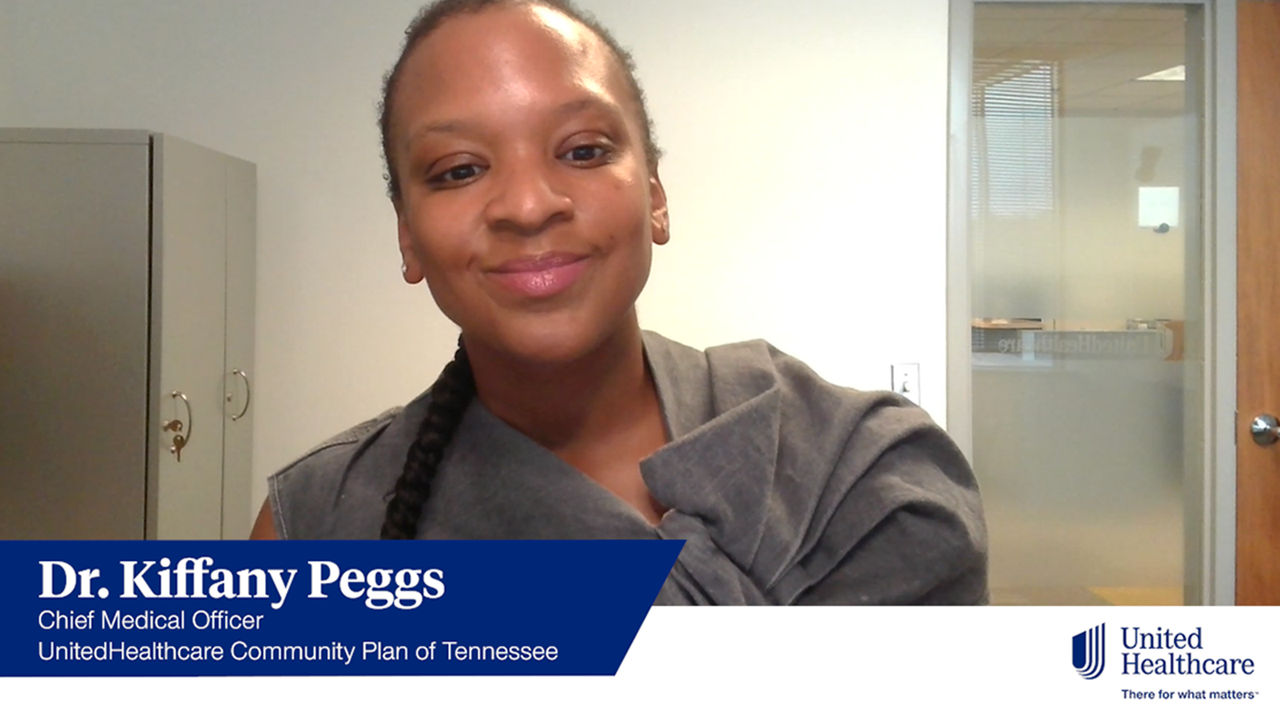At UnitedHealthcare Community Plan of Tennessee, we recognize the vital role that Federally Qualified Health Centers (FQHCs) play in our communities.1 FQHCs are federally funded nonprofit health centers or clinics dedicated to serving medically underserved areas and populations. These centers provide primary care services to all patients, regardless of their ability to pay, and originated as a strategy to combat poverty under the Federal Office of Economic Opportunity. By empowering local communities to provide health services, FQHCs have significantly improved the lives of many residents.
The growth of FQHCs over the years is notable. From serving approximately 500,000 patients in 1975, these health centers now reach 29 million individuals across 1,400 community health centers as of 2021.2 This makes FQHCs the largest primary care network in the nation, serving nearly 1 in 10 people, and 1 in 5 Medicaid consumers.
In the following video, leaders from UnitedHealthcare Community & State discuss the importance of FQHCs in the communities they serve. They address the impact on Medicaid and rural communities, mental health and substance use needs and the effectiveness of integrated care teams.
Watch the video below to learn more about why FQHCs are essential to the communities they serve.
